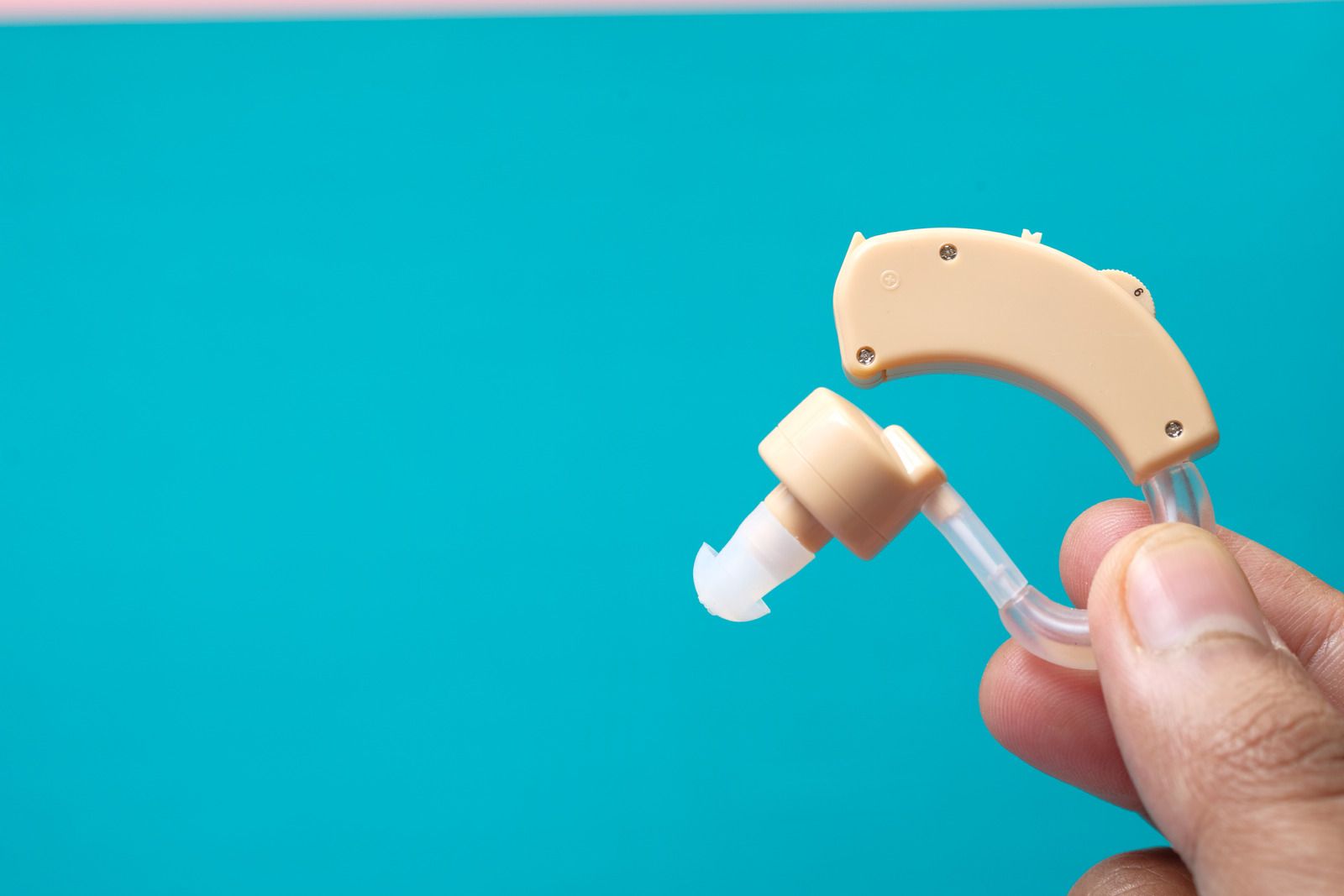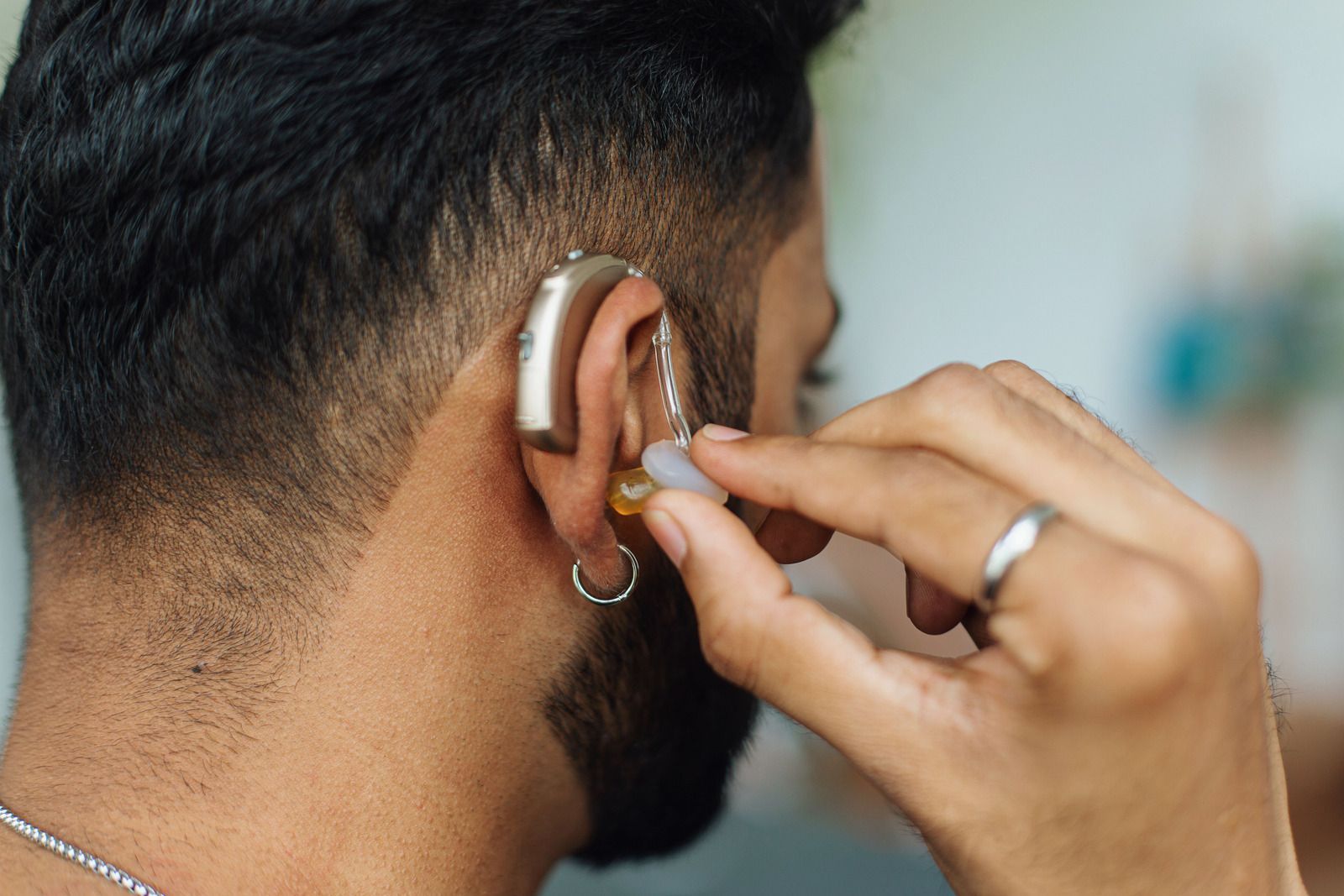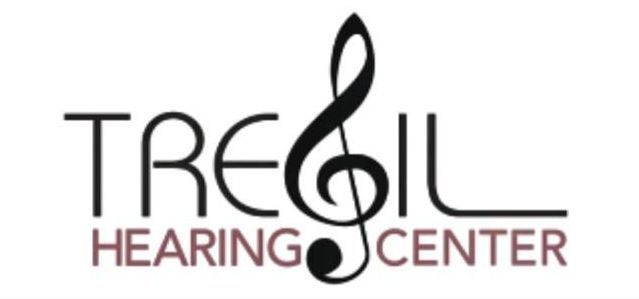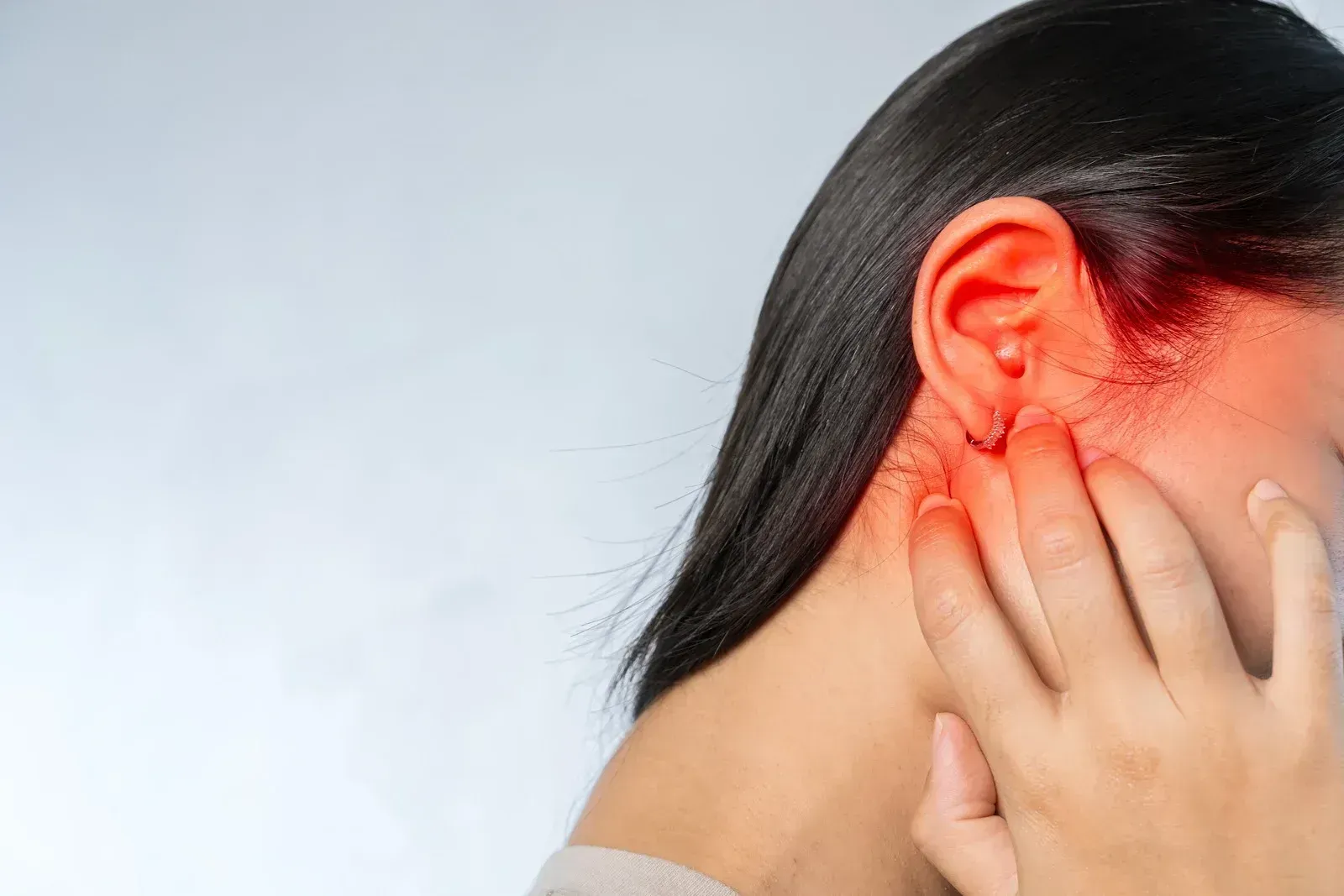Signs of Hearing Loss: When to Get Tested and What to Expect
April 30, 2025
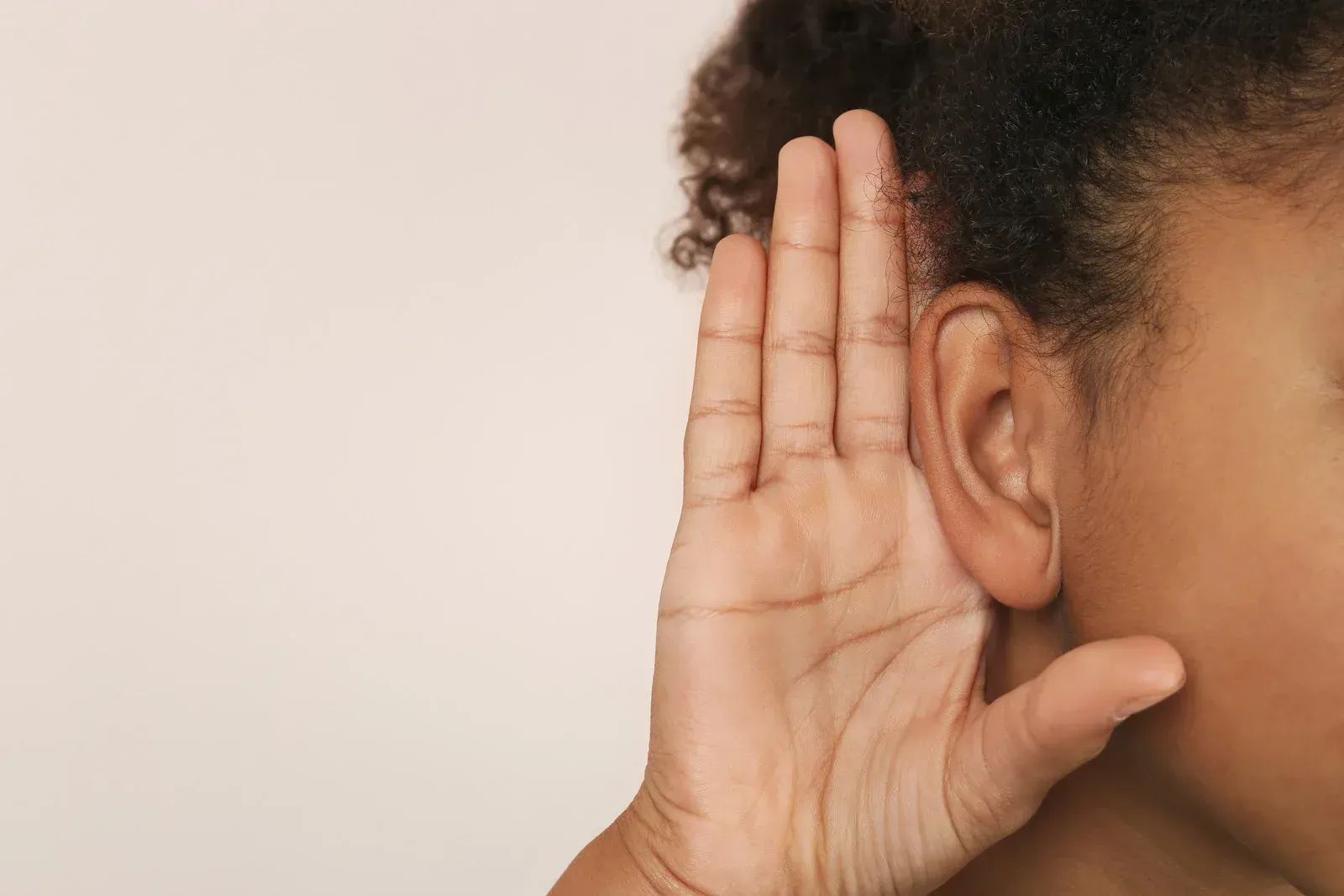
Hearing loss can develop gradually, making it easy to overlook early signs. If you’re noticing difficulty in hearing conversations, especially in noisy environments, or frequently needing to turn up the volume on your TV or radio, it may be time to consider testing your hearing. Recognizing the early signs of hearing loss is crucial to prevent further decline and improve quality of life.
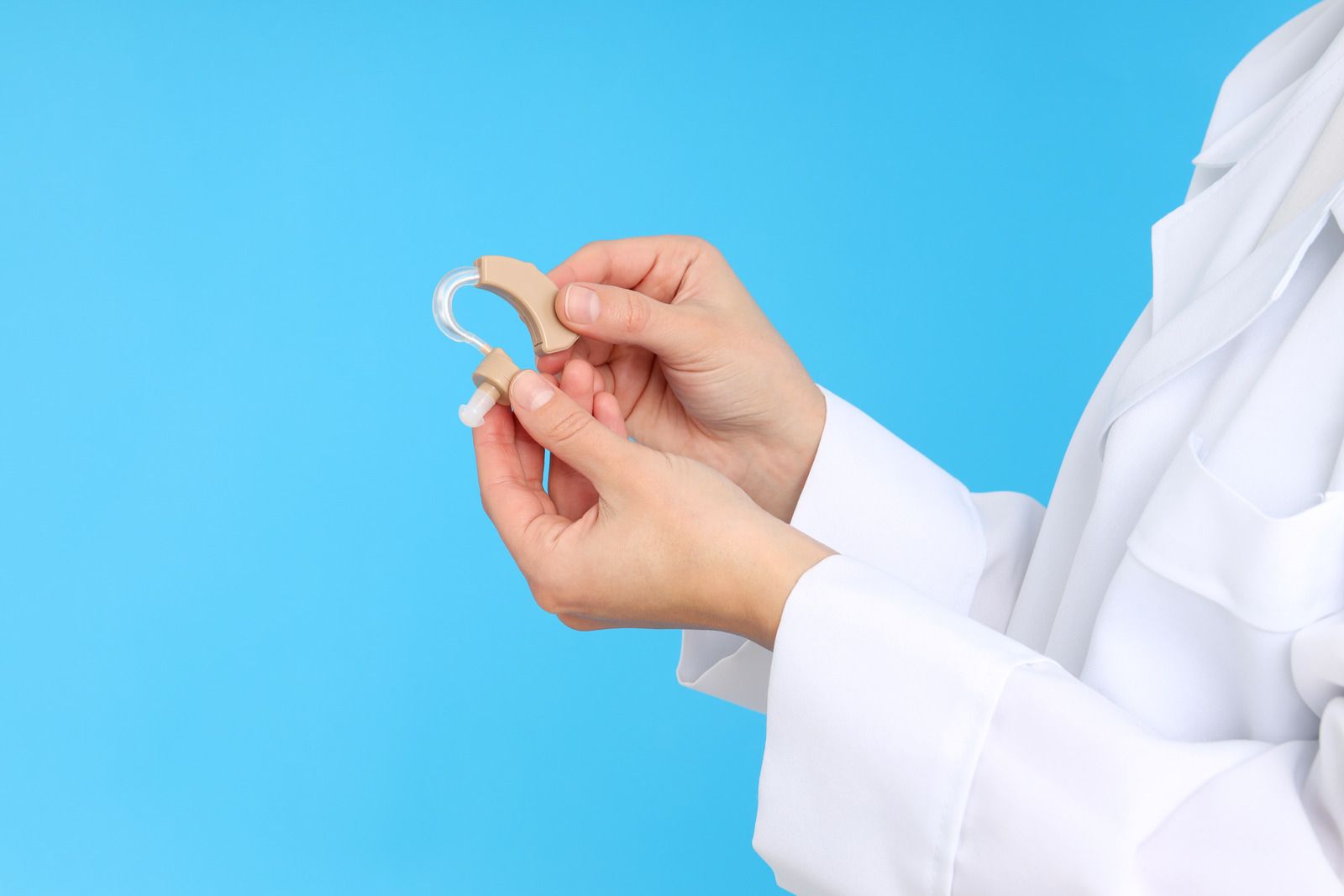
Common Signs of Hearing Loss
- Struggling to Follow Conversations: One of the first signs is difficulty understanding speech, especially in group settings or noisy environments. If you often ask people to repeat themselves or find it hard to follow conversations, it might indicate hearing loss.
- Muffled Sounds: Hearing loss can cause sounds to appear muffled or unclear. You may notice that certain words or high-pitched sounds, like a child’s voice or birds chirping, are harder to detect.
- Ringing in the Ears (Tinnitus): Tinnitus, a ringing or buzzing sound in the ears, often accompanies hearing loss. This persistent noise can be a sign that your hearing is starting to decline.
- Avoiding Social Situations: If you find yourself withdrawing from social events or feeling frustrated in conversations because of your hearing, it may be due to hearing loss. The effort to hear and understand others can be mentally exhausting.
- Turning Up the Volume: Increasing the volume on electronic devices or needing to sit closer to people to hear them could be a sign of hearing loss. If others notice the volume is too high for comfort, it’s a clear indication that you might need a hearing test.
When to Get Your Hearing Tested
It’s important to seek professional help if you notice any of the signs listed above. Early detection of hearing loss can prevent it from worsening and allow you to take advantage of hearing aids or other treatments that can significantly improve your hearing and overall well-being.
You should consider getting your hearing tested if:
- You experience any difficulty in understanding speech, especially in groups.
- You have to frequently ask people to repeat themselves.
- You find yourself turning up the volume more than usual.
- You notice any ringing or buzzing in your ears.
- You avoid social interactions due to hearing difficulties.
What to Expect During a Hearing Test
If you decide to get your hearing tested, the process is simple and non-invasive. A hearing test typically involves several steps:
- Case History: The audiologist will ask questions about your medical history, lifestyle, and any symptoms you’re experiencing. This helps them understand the potential causes of your hearing issues.
- Physical Exam:
The audiologist may inspect your ears to check for any blockages, earwax buildup, or signs of infection that could be affecting your hearing.
- Hearing Evaluation: The most important part of the test is evaluating how well you hear various sounds at different frequencies and volumes. This is usually done in a soundproof booth with headphones.
- Results and Recommendations: Once the test is complete, the audiologist will discuss the results with you and recommend the best course of action, which may include hearing aids, cochlear implants, or other treatments.
If you are experiencing any signs of
hearing loss, don't wait to get tested. The earlier you address the issue, the better the outcomes for your hearing health. At Trebil Hearing Center
in Crosslake, MN, we have over 40
years of experience helping people improve their hearing and quality of life. Contact us today to schedule a hearing test and take the first step toward better hearing.
